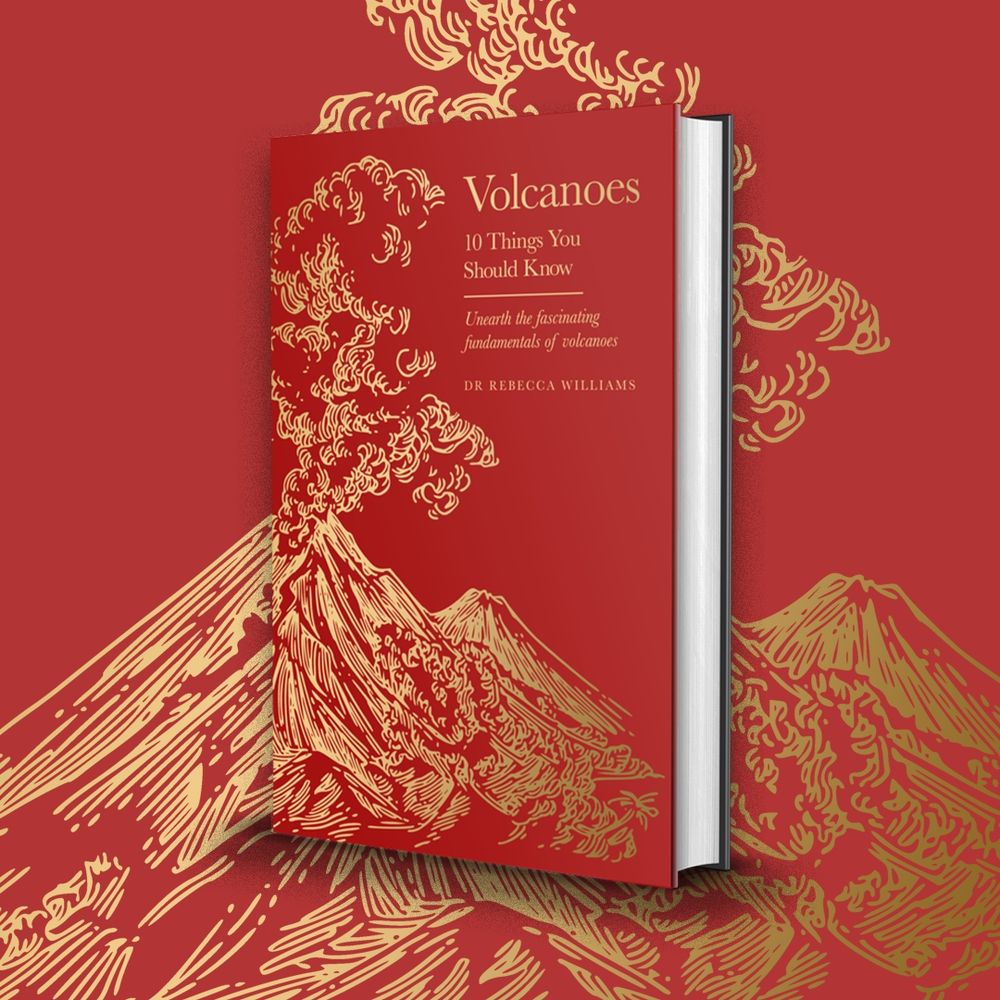

'Volcanoes: 10 things you should know' published by @orionbooks.bsky.social Seven Dials will be out in September. It's available to pre-order now. Links: linktr.ee/volcanologist

forms.gle/5jZKpcf78gZt...

forms.gle/5jZKpcf78gZt...


These incredible shots were taken at Dudmaston ✨


These incredible shots were taken at Dudmaston ✨
Yet, as the society, & the president of the society, react and engage in public discussions of at least one fellow and their conduct, the "brand" and relevance of the society continues to be at risk.
1/
Yet, as the society, & the president of the society, react and engage in public discussions of at least one fellow and their conduct, the "brand" and relevance of the society continues to be at risk.
1/
As I wrote at the time, NESO said net-zero "Holistic Transition" was the "cheapest option", once you take account of the economic damages from CO2 adding to climate change
It said a fossil energy system is only “cheaper” if we “ignore” carbon costs
www.carbonbrief.org/...
9/10

As I wrote at the time, NESO said net-zero "Holistic Transition" was the "cheapest option", once you take account of the economic damages from CO2 adding to climate change
It said a fossil energy system is only “cheaper” if we “ignore” carbon costs
www.carbonbrief.org/...
9/10
* Assuming free fossil-fuel energy, free petrol cars, free gas boilers, free gas power plants etc
AND
* Including climate damages in the "cost" of net zero
I kid you not, it is that stupid
1) Add up costs to install & run a net-zero energy system
2) Pretend fossil-fuelled alternatives wld be free
3) Do say "eco zealots are bankrupting us"
4) Don't say "free cars if we scrap net-zero" cos it sounds ridiculous
5) That's it!
1/10

* Assuming free fossil-fuel energy, free petrol cars, free gas boilers, free gas power plants etc
AND
* Including climate damages in the "cost" of net zero
I kid you not, it is that stupid


"Electron Microscopy Hands-On Course: sample preparation and imaging of marine environmental samples"
at Stazione Zoologica in Naples.
WIth great teachers from Naples […]
[Original post on biologists.social]

"Electron Microscopy Hands-On Course: sample preparation and imaging of marine environmental samples"
at Stazione Zoologica in Naples.
WIth great teachers from Naples […]
[Original post on biologists.social]

So, if you have a page you’ve left up and don’t want them there’s time to act 1/
So, if you have a page you’ve left up and don’t want them there’s time to act 1/
Submarine volcanoes act as pressure valves for the planet by periodically releasing heat and molten rock from beneath the surface.
📲 Learn more from our Ocean Learning Hub: go.whoi.edu/Uw_Volcano
Submarine volcanoes act as pressure valves for the planet by periodically releasing heat and molten rock from beneath the surface.
📲 Learn more from our Ocean Learning Hub: go.whoi.edu/Uw_Volcano
There is a code of conduct for Royal Society fellows - it's not a value judgement to say that Musk has contravened it!
see relevant bits of code and the Royal Society stated values below.



There is a code of conduct for Royal Society fellows - it's not a value judgement to say that Musk has contravened it!
see relevant bits of code and the Royal Society stated values below.
Society into disrepute"?
royalsociety.org/-/media/abou...
Society into disrepute"?
royalsociety.org/-/media/abou...



